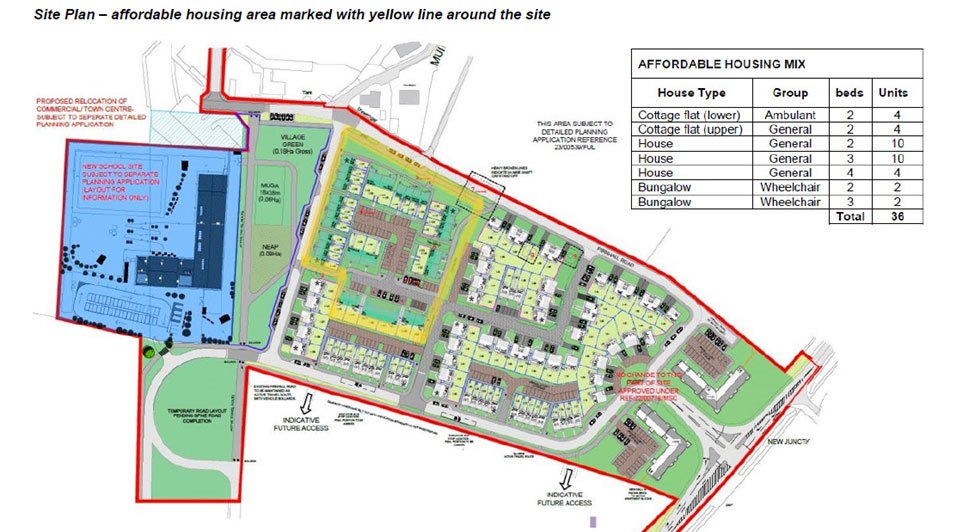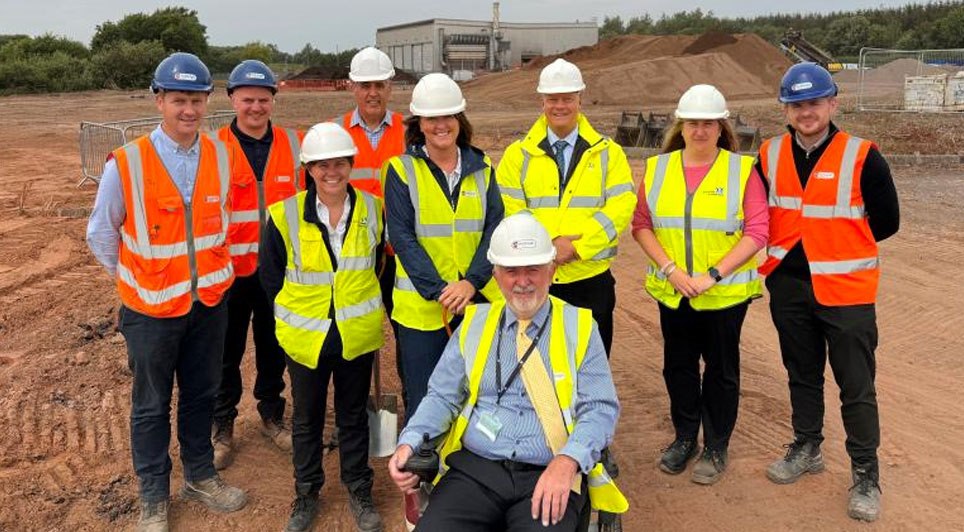UK power sector emissions have been reduced by 68% since 2010, with SSE stating that they are "extremely proud" to have played their part in drastically reducing their own emissions while delivering major investment in the country's low-carbon infrastructure.
SSE Chief Executive, Alistair Phillips-Davies, said: "In the run-up to COP26, the UK can showcase its leadership on power sector decarbonisation, demonstrating how renewable energy can be deployed at scale and at pace.
"Whilst the UK's large-scale deployment of renewable energy and switching away from coal, driven by effective long-term policy mechanisms and robust carbon pricing, has proved extremely successful in driving rapid emissions reduction in the GB electricity system, the last 10-30% of emissions will be more difficult to tackle.
"We will need to bring forward a range of new technologies, products and services to ensure we have reliable low-carbon energy when the sun is not shining and the wind is not blowing.
"Electricity is an essential service and we've seen in the past that keeping a grip on its affordability is critical if a public mandate for decarbonisation is to be maintained.
"As the 'low-hanging fruit' disappears and decarbonisation becomes more challenging, it is therefore vital that we find the most cost-effective pathway to net zero to minimise the cost to consumers.
"Today we revealed analysis from LCP in order to do exactly that.
"We hope it will help inform the next stage of the UK's journey to net zero emissions, by identifying clear actions that could drastically cut the cost of net zero electricity – which will be invaluable in helping to decarbonise the wider economy.
"As this analysis outlines, net zero power needn't break the bank, and with the five steps outlined the GB power system could save almost £50bn by 2050, and over £75bn looking out to 2060.
"It shows that there is a clear path for the UK to take: offshore wind will be at the centre of the GB energy system, supported by progressively decarbonised gas-fired generation in the form of carbon capture and storage (CCS) and hydrogen. Onshore wind and solar, too, have important roles to play, as does consumer flexibility alongside batteries, hydro pumped storage and hydrogen storage to ensure we can maximise the use of the UK's significant renewable energy potential. The role of large-scale new nuclear in an affordable net zero transition, however, is less clear.
"To deliver on this vision we need to ensure that the right policy and regulatory frameworks are in place and provide effective signals to support early, strategic deployment of enabling energy infrastructure. Critically, a net zero power system requires a net zero electricity market design, and this report shows this is where the greatest savings are to be had, with a £20bn cost reduction by 2050 compared with maintaining current arrangements.
"The Contract for Difference (CfD) has been very effective in driving down the costs of offshore wind. But whilst, under the current policy framework, new projects will receive revenue stabilisation support, existing generation does not, and without reform the market will favour more expensive new assets over a cost effective mix of life extensions, refurbishments and repowering alongside new projects. However there is plenty of time for government to act and make the necessary changes to transition to a net zero electricity market design based around renewables. Realistically everyone expects them to evolve current market design in good time, with this being an issue for the end of the decade, but work on putting this in place needs to begin to ensure it doesn't increase costs for consumers. That's why it was encouraging to see government consulting on the future of the CfD earlier this year. Our study highlights how effective such a move would be in terms of delivering net zero more cost-effectively.
"Over the 2020s, the electricity sector can lead a green recovery that generates socio-economic benefits spread across the UK and provides the means by which to decarbonise the wider economy.
As this report clearly shows, if we plot the right pathway to net zero it will not only deliver benefits today in the form of green jobs, clean industries and revitalised communities, but safeguard the interests of future consumers who will have to pay for the decisions we make today and will ultimately be faced with the greatest impacts of climate change if we fail to achieve net zero quickly enough.
"I sincerely hope that this analysis proves useful to policymakers and other stakeholders as we collectively seek to address the climate crisis."
Construction News
28/07/2021
UK Power Sector Emissions Reduced By 68% Since 2010


16/06/2025
Work has commenced on a major project to transform the Watersports Centre at Strathclyde Country Park into a multi-purpose community facility, with an ambitious target to reduce the building's carbon footprint by at least 80%.
The initial stage, focusing on improving the building's entrance and ac

16/06/2025
Work is expected to commence this summer on the site for the new Mayfield Community Learning Campus, following Midlothian Council's appointment of Kier as the main contractor.
The £41.8 million project is expected to complete its construction phase by spring 2027, with the overall campus fully ope

16/06/2025
McLaughlin & Harvey has officially handed over the keys to the Ayrshire Hospice's significantly redeveloped facility, marking the completion of an £18.8 million capital build project.
The extensive works were undertaken in close collaboration with the Ayrshire Hospice to substantially improve its

16/06/2025
Aberdeenshire Council has announced the opening of the latest round of its Coastal Communities Challenge Fund (CCCF), making grants of up to £49,999 available to support initiatives along its coastline.
The fund, which distributes revenues generated by Crown Estate Scotland, targets community group

16/06/2025
A crucial route into Stewarton, the B778 Holm Street, is scheduled for closure for approximately two months as Scottish Water proceeds with a significant £16 million package of investments in the town's water infrastructure.
The closure will take effect from Monday, 30th June 2025, impacting Holm S

16/06/2025
Stirling Council is moving forward with plans to deliver 36 high-quality, energy-efficient homes for social rent at Brucefields, a key component of the South Stirling gateway strategic housing site. The Council has now received approval to initiate the procurement process for their construction.
Th

16/06/2025
Significant progress is being made towards the reinstatement of Dunrod Road, a crucial rural link between Greenock and Inverkip that has been closed for some time due to a partial failure and movement of the road caused by various factors, including landslip. Ground investigation works are scheduled

16/06/2025
Bonnybridge is set for significant infrastructure upgrades this summer, with Falkirk Council investing £460,000 in a coordinated programme of resurfacing, regeneration, and accessibility improvements.
The work will focus on Bonnybridge Toll, Memorial Park, and surrounding public spaces.
Funding f

13/06/2025
The first completed section of Glasgow's ambitious £120 million-plus Avenues programme, the Holland and Pitt Street Avenue, has officially opened, marking a significant milestone in the ongoing regeneration of the city centre.
The newly completed avenue features a comprehensive transformation, incl

13/06/2025
Construction has officially commenced on the Dumfries Zero Waste Park (Dumfries ZWP), marking a significant milestone in Dumfries and Galloway Council's commitment to its Waste, Recycling and Reuse Strategy 2023–2030.
The £11.197m investment, drawn from the Council's approved 10-year Capital Invest
 Scotland
Scotland UK
UK Ireland
Ireland London
London











